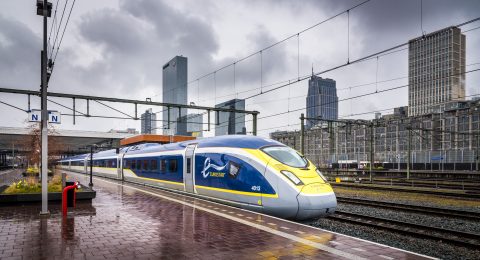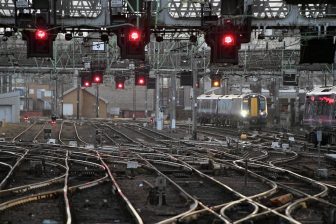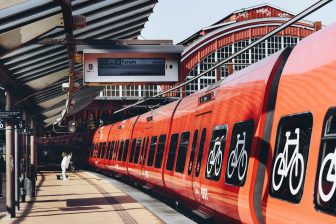
Channel Tunnel hopefuls mount another challenge to Eurostar
Eurostar train in Rotterdam 2021, Dutch Railways (NS)
The Channel Tunnel could, finally, be on the cusp of an open-access market challenge. There have been false dawns and false starts, but thirty years after its opening, le Tunnel sous la Manche is about to burst into open competition. The Eurostar monopoly for the potentially lucrative London and Paris trade faces a challenge from a name that will be familiar to British readers: National Express.
Want to read more?
You have read all of your free premium articles for this month. Please become a subscriber to keep reading.
Subscribe now!
Take advantage of our exclusive offer to get full access to all premium content.




The only way to invigorate the channel service is to rejoin the EU and allow free movement.
The service to the Netherlands is going to stop while renovations take place in Amsterdam because Britain wants to check passports.
At St Pancras, checks have forced cuts in passenger volumes by 30%.
Once we have a decent service, then we need to prohibit flights between London and Paris, Brussels and Amsterdam. In exchange, there has to be ticket price control.
Pays de Calais?
If National Express run a service like they ran the East Anglia Route from London Liverpool Street and The North London Line Route then it will be nothing short of a s**t show, with little staff, under-investment, complete basics and a poor service while doing nothing but line their pockets. No Thanks
London – Barcelona services or London – Frankfurt, London – Nice would be more encouraging news than just a competitor on the existing route London – Paris, with not so much competition after all, since track access charges are under Eurotunnel / Getlink monopoly. Sleeper services on these routes could be a game changer in international transport and that links would be strong markets as well.
Eurotunnel would have to face the fact that track access charges for the longer routes must be lower.